What is EFuel? How Porsche's Synthetic Fuel Could Save the Combustion Engine

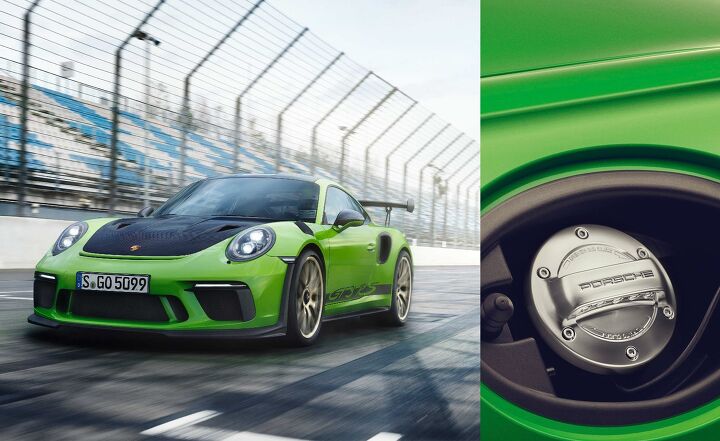
Porsche’s eFuel could work with existing engines—yet be some 85-percent cleaner for the environment.
It should be clear up front that Porsche is not fighting the electric tide. The Taycan isn’t an outlier: an all-electric Macan is on the way next, and Porsche’s Michael Steiner confirms the company has electrified prototypes of models in other segments too. During a recent talk, Steiner restated that Porsche expects a whopping 80 percent of its lineup will be electrified by the end of the decade.
SEE ALSO: The Porsche 911 Will Go Hybrid By 2030 (But Not Full EV)There’s another important percentage Porsche touts too: 70, as in the percent of Porsches ever produced that are still on the road. The German company acknowledges that many of today’s cars still run on gasoline. Simply removing them from the global fleet isn’t a tenable option for a variety of reasons. Instead, Porsche and Siemens are working together to craft synthetic fuel dubbed eFuel, and it could dramatically reduce emissions to augment the world’s move towards more sustainable motoring.
What is eFuel?

Let’s start with what eFuel isn’t: hydrogen. Steiner makes it clear that Porsche is not looking at fuel cell vehicles. The reason is weight. “You need a lot of cooling, you need for dynamic driving—in addition to the fuel cell also a huge battery,” explains Steiner, “so that would really be a heavy and a huge car if you would like to drive a powerful, dynamic car.”
eFuel is instead a derivative from hydrogen. The process begins with electrolysis, which splits water into hydrogen and oxygen gases. From there, Porsche and Siemens use captured carbon dioxide from the air, in combination with the hydrogen, to form synthesized methanol.
The methanol could then be used in ExxonMobil’s methanol-to-gasoline (MtG) process, at which point it could be blended to current fuel standards.
SEE ALSO: Porsche Taycan vs Tesla Model S ComparisonPorsche tacks the “e” on the front of eFuel because it foresees using renewable electricity resources to handle the electrolysis process. That’s why the company has selected Chile for its pilot program: wind turbines in South America can produce up to four times the energy of similar setups in Germany.
“We still have huge hunger worldwide for additional fossil energy, and you could not substitute this within one decade by electric energy,” says Steiner. “At least not in regions like central Europe, or other regions where a lot of people live and there is not too much solar energy or wind energy to harvest at hand in this country.”
Steiner concedes that hydrogen could work as a substitute for natural gas in areas that can transport it easily. If that isn’t possible however, the company sees a liquid alternative such as eFuel as a better option—and as a complement to automotive electrification.
eFuel benefits

The big advantage of eFuel is utilizing existing CO2 in production. It “closes the loop,” using a byproduct of current internal combustion engines to then fuel them in the future. Porsche predicts a “well-to-wheel” CO2 reduction of 85 percent, according to Frank Walliser, VP of motorsport and GT cars, in an interview with Evo.
A cleaner-burning fuel is an important improvement on its own, but there are other advantages to eFuel. For starters, since it would be refined in the same was as existing fuel, it could be used in existing internal combustion engines with no adjustments. No retrofitting necessary.
SEE ALSO: 2021 Ford Mustang Mach-E Review: First DriveCarrying on from that, it also means gas stations could, in theory, carry eFuel without changes either. With electrification we’ll no doubt see many stations close or convert to charging, but they wouldn’t have to abandon the current systems. That saves money.
Like it has with many of its innovations, Porsche is looking to prove eFuel’s viability via racing. The latest GT3 Cup car can run on synthetic fuels, and Porsche will have its first batch of eFuel ready for 2022, in collaboration with ExxonMobil. It won’t be much, however: 130,000 liters. Steiner says there is additional eFuel interest from Formula One as well as LMPh.
The cost of eFuel

That brings us to the two big questions: cost, and availability.
“Frankly speaking, with the next steps we take in southern Chile, we have to take care that we will have enough eFuel to take care of our own car fleet by the end of 2030,” says Steiner when asked about other manufacturers’ interest. Supporting the Porsche fleet is understandably the top priority, even when just 20 percent is expected to be pure-ICE at the end of the decade. Steiner says the company would look into other eFuel avenues once that goal is accomplished, however. He also acknowledges there would be less demand than today, as other brands would also be running a much larger percentage of EVs on their own fleets.
SEE ALSO: 2020 Porsche 718 Spyder Review: …and Nothing Else MattersThen there’s the question of price for the consumer. “[It’s] definitely too early to talk about pricing,” says Steiner, as taxes and other charges largely affect the current prices at the pump. “I would not dare to make any prognosis,” he says with a laugh, “But for costs, we made a prognosis.”
Steiner says the current pilot plan costs hover around $10 per liter of eFuel. “In the timing of 2026–2027 we expect that we could come down cost-wise to a range of, let me say, $2 per liter. So there is a huge potential to bring costs down.” Scaled-up production would help here, as Porsche corporate communications boss Marcus Kabel told Autoweek the volume could increase from 130,000 liters next year to 550 million liters in five years.
Whatever the cost ends up being, it’s clear eFuel could serve as a niche complement to the mostly-electric future. Like the manual transmission, it would make up a small percentage of the global automotive landscape, but an important one for enthusiasts. From our perspective, eFuel represents a way to keep current and vintage cars alive without the guilty conscience. That’s something worth celebrating.
Become an AutoGuide insider. Get the latest from the automotive world first by subscribing to our newsletter here.

Kyle began his automotive obsession before he even started school, courtesy of a remote control Porsche and various LEGO sets. He later studied advertising and graphic design at Humber College, which led him to writing about cars (both real and digital). He is now a proud member of the Automobile Journalists Association of Canada (AJAC), where he was the Journalist of the Year runner-up for 2021.
More by Kyle Patrick


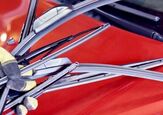










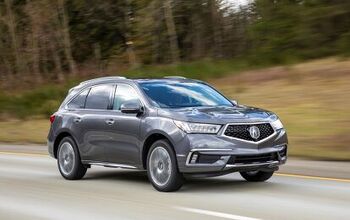
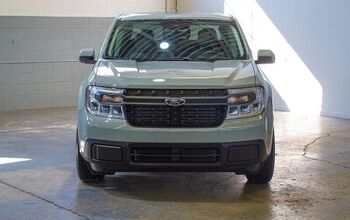



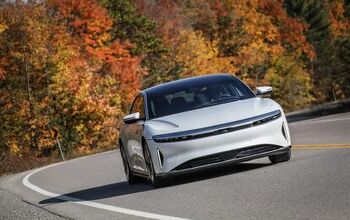



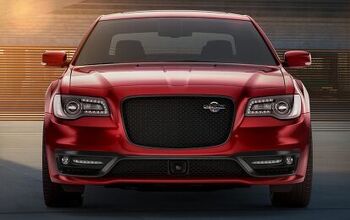
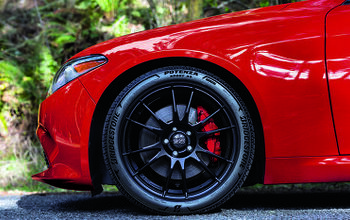

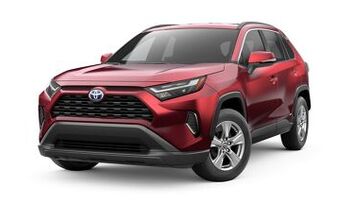

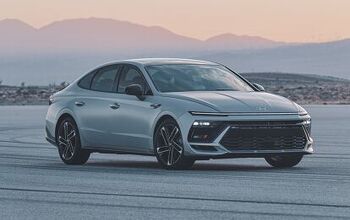


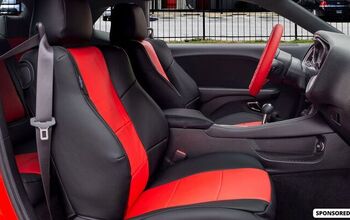
Comments
Join the conversation
E-fuels Converting BS into hot air